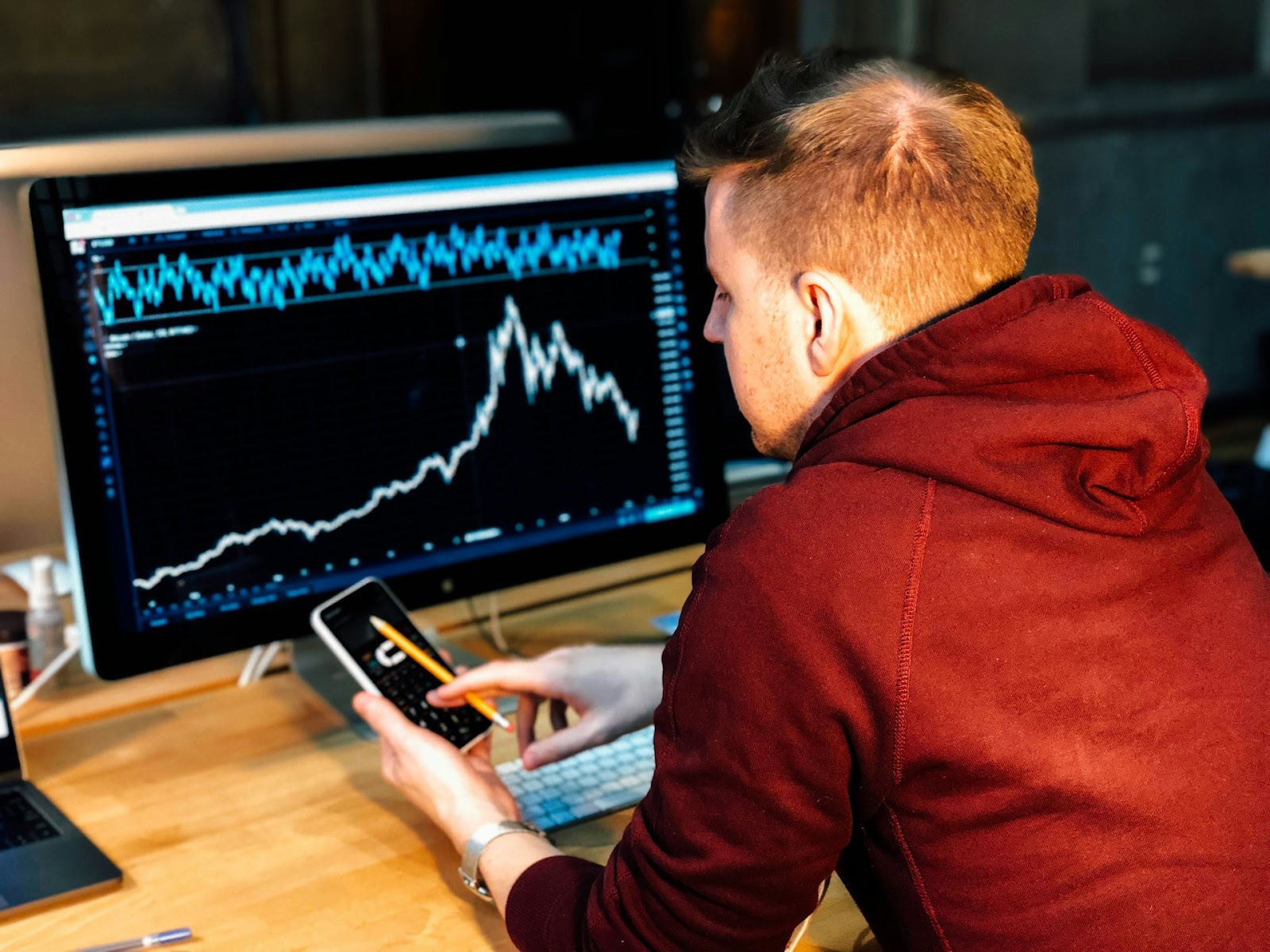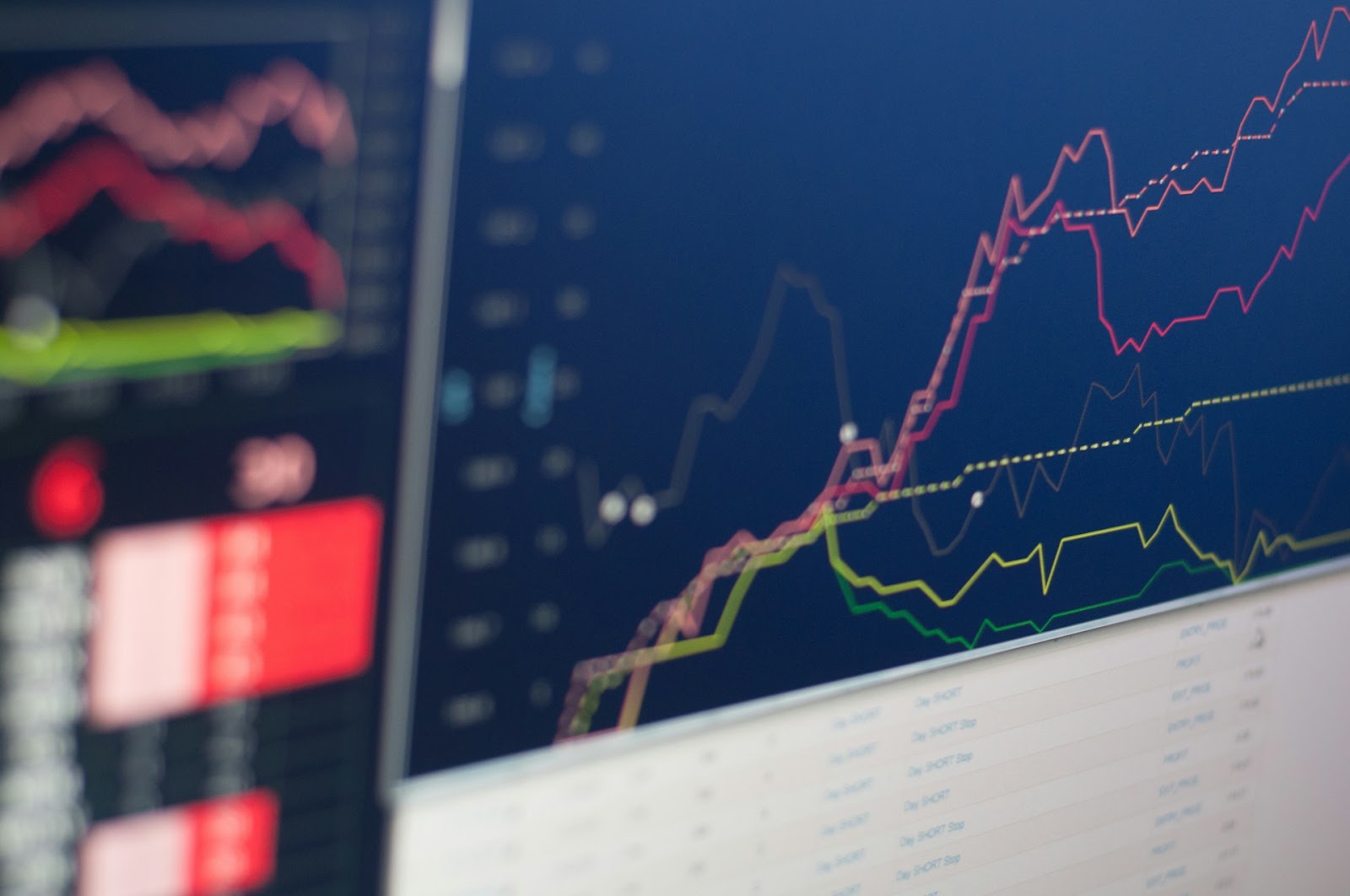Social trading is one of the ways to help new traders gradually adjust in dealing with the financial markets. Fortunately, TradingView and many other trading platforms are now offering social trading features to connect with other traders.
Although you can also find social trading communities on other social media platforms, having access to trading platforms with social trading features can be safer and more accurate since the posts are more specific.
In this article, we’ll get to know how beginners can utilise social trading features for a better trading experience.
What is Social Trading?
Social trading is a strategy that allows traders to invest based on the trades of successful traders. Using social trading platforms or features, they can observe or replicate existing trading ideas. In addition, they can also interact with other traders to get to know more about their strategies, so that they can replicate them.
And it’s not just about copying existing ideas. Whether a trader is a beginner or professional, they can share everything they want to, just like what they can do on other social media platforms.
Key Features of Social Trading
1. Copy Trading
Copy trading, also known as mirror trading, is replicating trades exactly as the other traders do it. For instance, if you’re planning to try trading stocks, you can look for other stock traders with great profiles, who are also being followed on social trading platforms by many beginners. If you think a significant number of their trades are successful, they may be worth following. However, it can be difficult to find the best professional trader that you can follow the trades, so you should take your time.
2. Social Feeds and Discussions
Another key feature of social trading is the discussions among traders. In addition, you can get real-time updates, ideas, and market insights from various traders. If you’re always updated on the current market conditions, it’s easier to decide whether the strategy of a professional trader should be followed.
Besides, trading requires a lot of research, but you can’t always have enough time to do it yourself. Fortunately, if you have a reliable social trading platform community, you can make an informed decision before replicating a trading strategy.

3. Performance Metrics and Leaderboards
Some trading platforms with social trading features, including TradingView, offer performance metrics and leaderboards. These indicators showcase traders with great performances, low-risk levels, and ideal trading strategies. In addition, these leaderboards are based on machine learning technology, so there’s no bias, and users won’t be able to manipulate the results.
Having this kind of information available on social trading platforms allows new and professional traders to make informed decisions, especially when it comes to the strategy they’re planning to replicate.
4. Demo Trading Accounts
Are you afraid to lose your capital? Whether you’re a beginner or have been trading for a while now, utilising your demo trading account can significantly help you obtain a better trading portfolio. At the same time, you don’t have to lose your money, and will still be able to try the trading strategies you’ve gathered from the social trading platform.
Benefits of Social Trading
1. Accessibility
As a beginner, you can easily access social trading once you find the right trading platform. Usually, they’re offered as one of the features you can access on your chosen trading platform. Another good thing about this is that you don’t have to be a professional trader to get started.
2. Learning Opportunity
Once you can access all the available information from various traders, you can understand the market movement, and how traders create their strategies.

3. Diversification
When you access social trading platforms, you’ll be able to try various trading strategies, since a huge part of the research is done by other traders. So, if you’re interested, you can easily try trading other assets and financial markets.
4. Saves time
As mentioned, you can save a ton of research when you try social trading as most of the research has already been done by other traders.
Challenges of Social Trading
1. Market Risks
Although social trading promotes diversification, facing market volatility is inevitable, so you should always manage risks.
2. Over-reliance on Traders
If most of your traders are based on social trading, you might rely on others so much that you may forget how to craft your trading strategy.
3. Fees and Costs
Although social trading is usually a feature built into your chosen trading platform, you should still look out for possible additional costs.
4. Emotional Trading
If you’ve been following a trader for a while, and you suddenly lose, it’s not recommended to switch to another trader suddenly. Even the most experienced traders lose sometimes, so you should be patient, and avoid emotional trading.
Final Thoughts
Entering the financial market can be overwhelming. Fortunately, with the help of social trading, you can easily adapt, and learn from professional traders. By utilising the trading community’s knowledge and experience, you can have a better trading experience.
Let us know what you think about social trading by commenting below!
ABOUT THE AUTHOR
Aliana Baraquio has over 5 years of experience as a writer and market analyst. She specialises in developing beginner-friendly trading techniques and tutorials. Additionally, she suggests FP Markets as the top broker for trading CFDs and Forex.